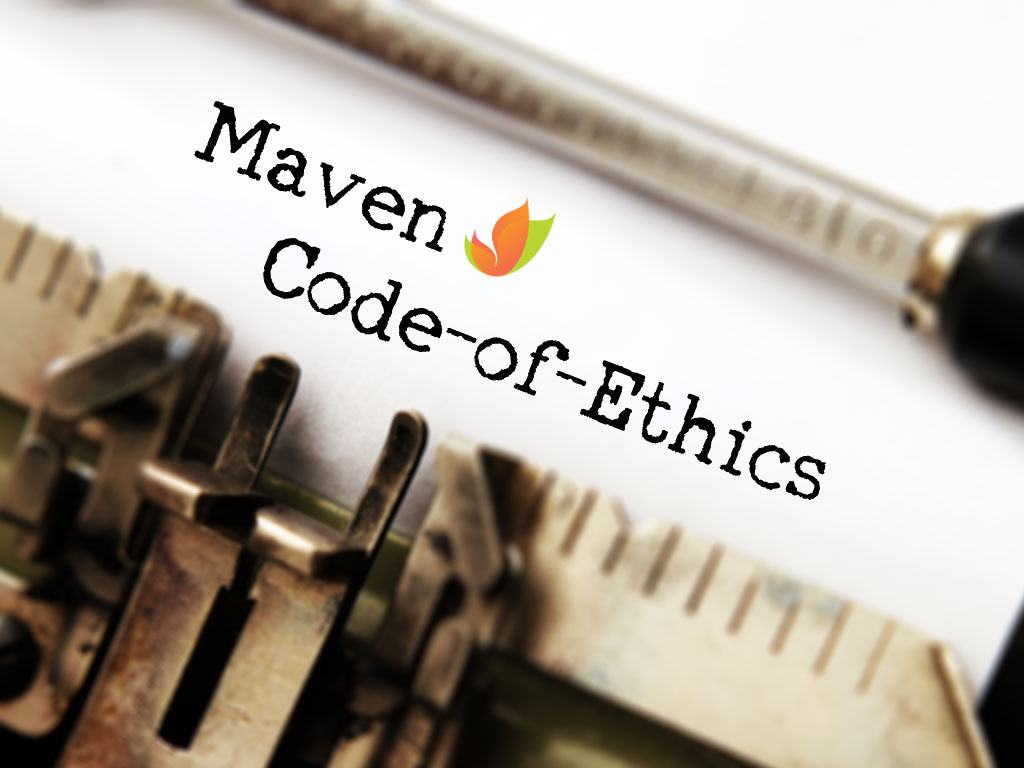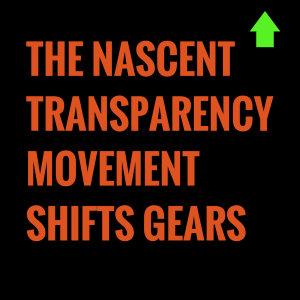I am Pallav Nadhani from FusionCharts. Like my fellow entrepreneurs, who dream of making India as a Product Nation and building a great ecosystem together, I found my calling answered with iSPIRT Playbook round-tables. I volunteered to become a Maven so I could share, learn and disseminate the best-practices I had learnt in my entrepreneurial Journey, with other fellow entrepreneurs.

Playbook enabled many of us to learn from each other’s successes and mistakes. It was an exciting opportunity to meet incredible and passionate entrepreneurs, and help them in whatever way we can, and also learn from them. I found that there were many like-minded Mavens, who were already helping many start-up founders (attendees), in a completely self-less way by paying-it-forward and not expecting anything in return – and there was a clear blueprint that I could follow. I felt honored to be a part of this iSPIRT Maven-community.
However, during the course of this journey, an unexpected event happened. A couple of attendees, across different playbook sessions, came up to me and asked what we (or iSPIRT) were expecting in return. Baffled by the question at first, I asked them what they meant. Their answer took me by surprise – they mentioned that at a few other similar forums, which they had attended, the equivalent of Mavens had asked for (free) equity along with a senior designation (typically Director or above), in exchange of the knowledge and network connections they were enabling to help such startups. Initially, I thought this could be fair, as different members of the ecosystem may have different operating protocols, but it turned to a point where our actions, which had no such intentions of getting anything in return, were also painted with a similar stroke of doubt. And I realized that this question was not just asked about me, but also some other contributors to iSPIRT.
I was giving completely selflessly, and so were many other Maven’s that I knew, within the iSPIRT community. We never had any intentions of gaining anything, or to further our own self-interest in anyway. However, the attendees assumed, that I as a Maven, would also do such demands in the future. That day, I felt victimized by this system, as my integrity and good intentions were being questioned.
For a few days, I pondered over this conundrum, and I reached out to Sharad and other Fellows in the iSPIRT community. During those conversations I proposed that the best way is either to set a clear protocol of expectations (from Maven’s side) or to not allow attendees to assume. We needed to Sign a Code-of-Ethics and resolve this conflict once and for all. Once we pledge that we will not breach the Maven-Code-of-Ethics, it would not compromise our own integrity in the eyes of the System or other people in the System. So, with the help of the iSPIRT Fellow-Council, we decided to draft the Maven Code-of-Ethics and I have signed it & abide it.
Maven Code of Ethics
As an iSPIRT Maven, I facilitate PlaybookRTs and Bootcamps. This is part of my pay-it-forward commitment to make India a Product Nation. At no point in time, I expect any payback for this from any participating startups in any form including advisory or sweat equity. My selfless contribution is for a cause larger than myself. I hope to set an example so that the entrepreneurs that I touch also embrace the pay-it-forward spirit.
Along with me the other maven who have signed the Code of Ethics are: Avlesh Singh (WebEngage), Aneesh Reddy (Capillary Techonologies), Amit Ranjan (Ex-Slideshare), Amit Somani (Prime Venture Partners), Girish Mathrubootham (Freshdesk), Jay Pullur (Pramati), Paras Chopra (Wingify), Pravin Jhadav(Servify), Rushabh Mehta(ERPnext), Sanjay Shah(Zapty), Samir Palnitkar (Shopsocially), Suresh Sambandam (KiSSFLOW), Shankar Maruwada (EkStep), Shanmugam Nagarajan (24[7] Inc), Sridhar Ranganathan (CrediBase).




 The transparency and sharing tradition carried over to iSPIRT. Nowadays, iSPIRT routinely shares the good, bad and ugly, often in the form of a “journeyline”, so that everybody in the ecosystem can learn from its experiences (see
The transparency and sharing tradition carried over to iSPIRT. Nowadays, iSPIRT routinely shares the good, bad and ugly, often in the form of a “journeyline”, so that everybody in the ecosystem can learn from its experiences (see